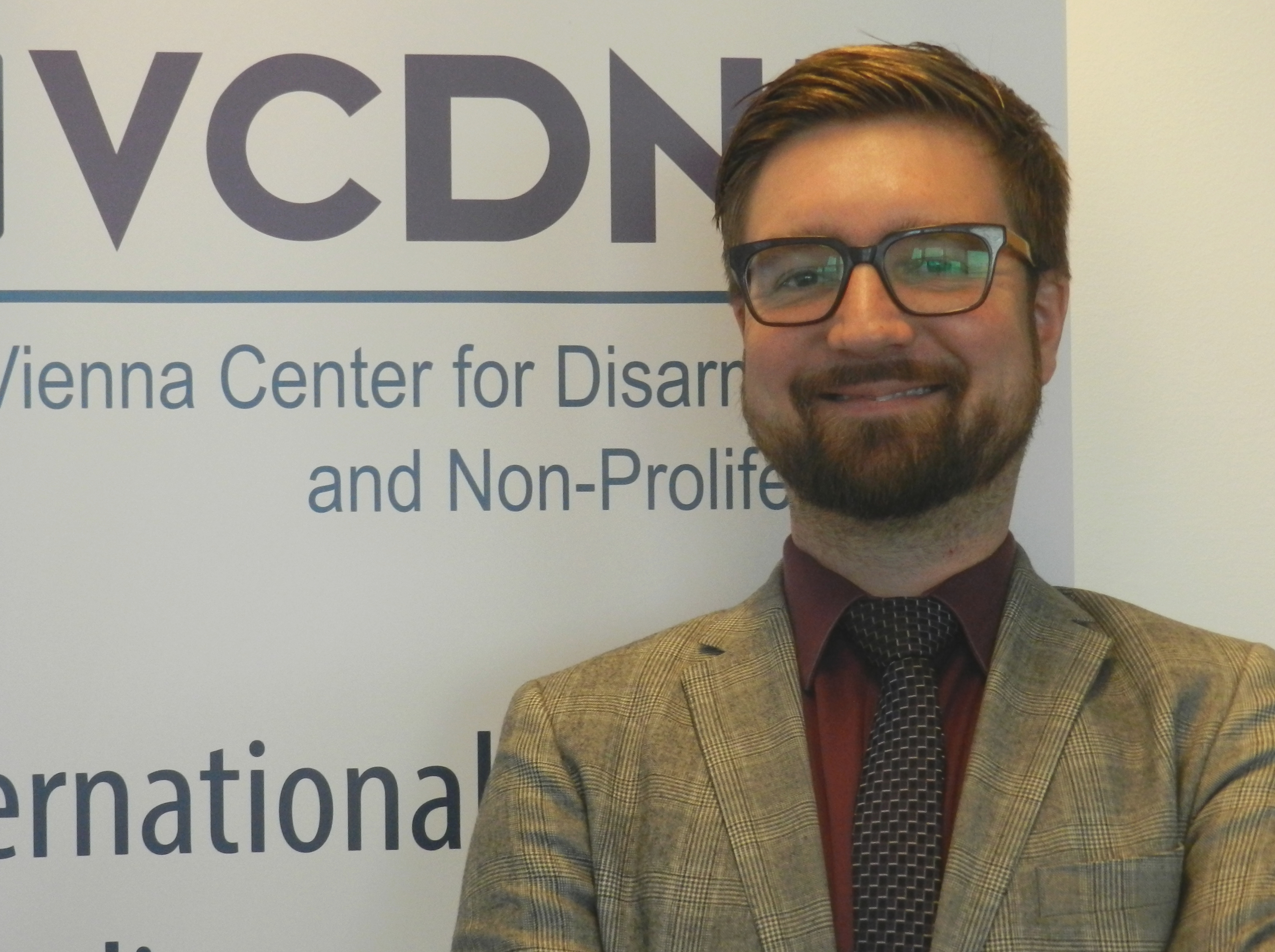But what is the actual contribution of the OSCE to today’s security, aside from dialogue, and what could it be in twelve years from now? The new OSCE Secretary General, Swiss diplomat Thomas Greminger, started off by painting a rosy picture which included almost everything from successful disarmament and gender equality to better inter-human behavior and clean air. His utopian vision came across more as a deliberate counter-narrative to the currently poor state of European security.
Perhaps, Lukyanov was not in the mood for this fine-tuned form of Swiss irony and instead poured out doom and gloom. In one of his more remarkable comments he reminded the audience that now, after Washington has also officially named Russia a “strategic competitor” and “revisionist power” in its latest official documents, and after Vladimir Putin’s effect-seeking missile show, “we are really in a New Cold War” – and perhaps one that is even less stable than its predecessor. Lukyanov made it clear that he doesn’t count on the Europeans to diffuse tensions. For Russia, the Europeans do not matter strategically, he extrapolated, adding that this might change in the future but, historically seen, European empowerment never meant anything good for Russia. At that point, the well-known Russian commentator almost sounded as if he welcomed the New Cold War as long as Washington stays engaged in NATO and as long as both sides do what they are historically familiar with: deterring each other and, if necessary, engaging in arms racing.



